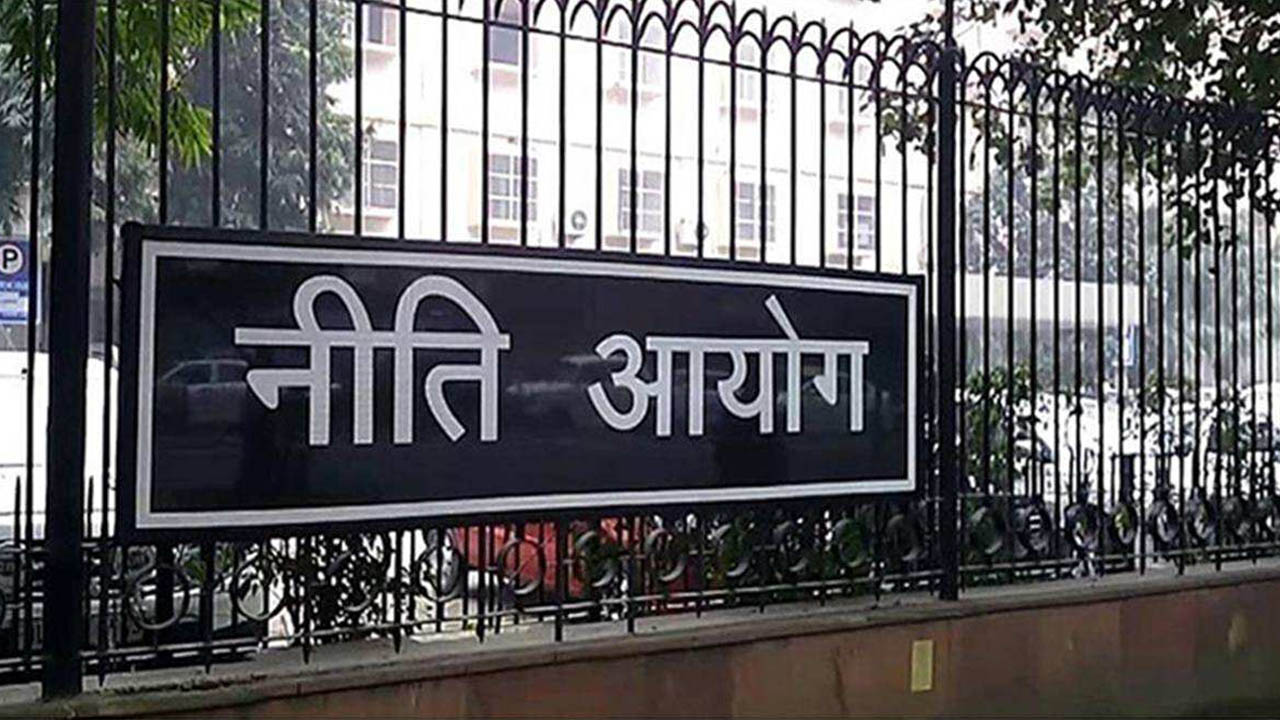With an aim to achieve the objectives of 2030 Sustainable Developmental Goals (SDGs) NITI Aayog has released the “Best Practices in Social Sector: A Compendium, 2023” in collaboration with the United Nations Development Programme.
To commemorate 75 years of India’s independence and highlight and laud the efforts of Union Ministries and State Governments, this compendium includes 75 case studies cutting across 14 key social sectors. The case studies have been sourced from all States, Union Territories and 30 Ministries and Departments of the Government of India.
The country has made a rapid progress in adopting sustainable practices and providing a better quality of life to all its citizens in recent years. India’s policies on education, gender equality, healthcare sector, digitization, green energy and sustainable living, truly reflect the nation’s resolve to achieve growth for all, said Suman Bery, Vice Chairman, NITI Aayog in his message in the compendium.
Moreover, the Sustainable Development Goals is a set of intuitive targets to transform the world and act as a blueprint for creating a more peaceful, prosperous and sustainable world for all. And fulfilling this agenda within the timeframe requires the support of and coordination between different stakeholders like the central, state and local governments
“This publication is an opportunity for peer-to-peer learning among states, to applaud the efforts of innovations taking place in the States and to adopt practices that are best suited to the context,” Bery said. He added that this document should be made a living document and should be an active tool for innovation and scale up.
“The utility of the compendium lies in the potential of its case studies being replicated across States and Union Territories,” observed B.V.R Subrahmanyam, CEO, NITI Aayog.
“This document is not only significant for peer learning among states, but also an important source for other countries to learn from India’s successes,” remarked Shoko Noda, Resident Representative, UNDP India.
The seventy-five best practices highlight models which are innovative, sustainable, replicable and impactful. The aim of this exercise has been to synthesise lessons for the future to expand, enhance and improve life at the grassroots level. Due care was taken to ensure that the cases identified are spread over diverse themes, including education, health and nutrition, e-governance and digitization, agriculture, women’s empowerment, sports, and financial inclusion, among others, an official statement said.
The case studies also commemorate 75 years of India’s independence and highlight the efforts of union ministries and state governments, and are from 14 key social sectors, which seriously impact the life of the common people.
Bery termed it an opportunity for peer-to-peer learning among states. It is also an occasion to applaud the efforts of innovations taking place in the states and to adopt best practices that are best suited to the context.


























